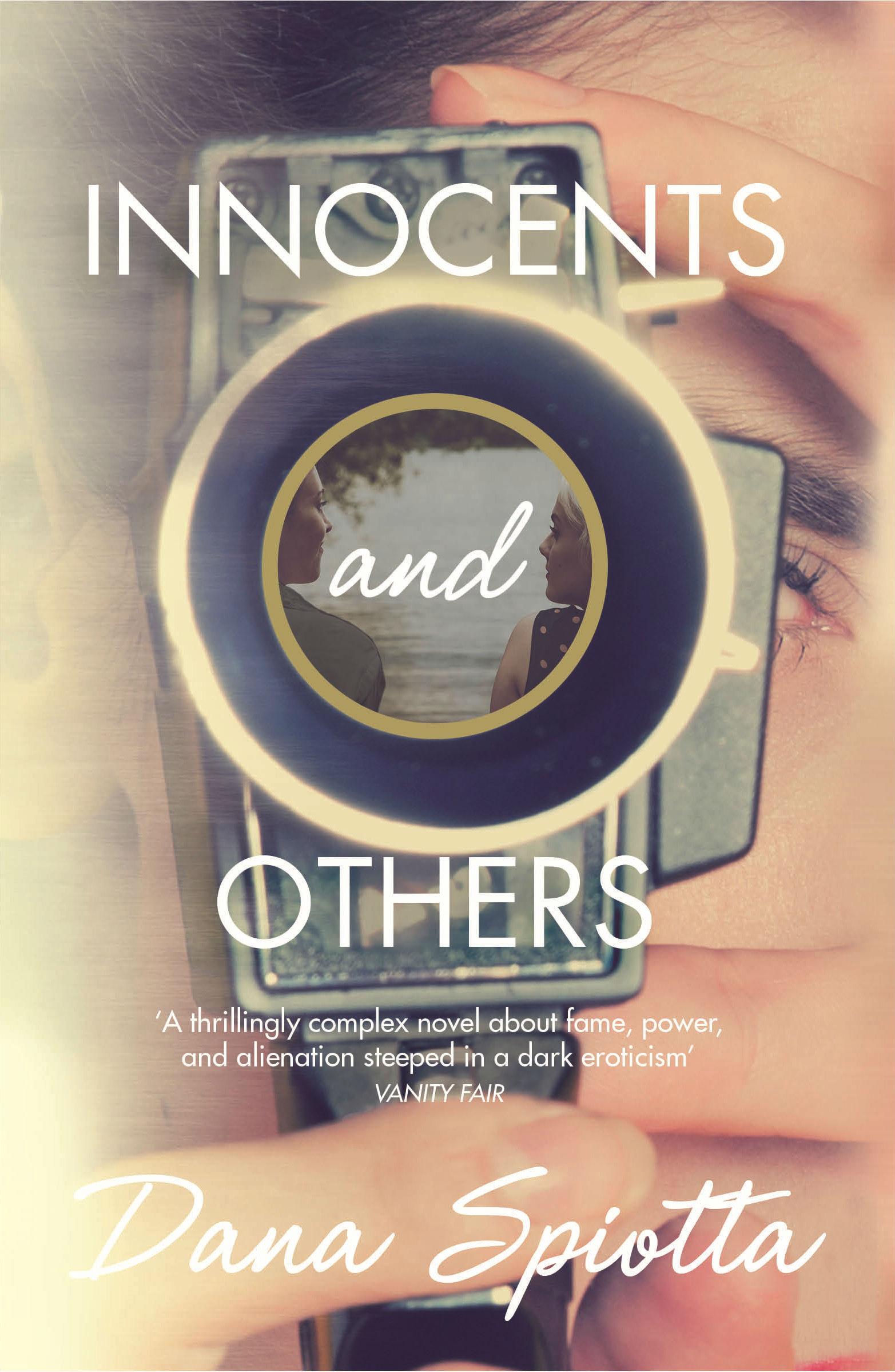Innocents and Others by Dana Spiotta, review: It combines the pace of a page-turner with the bravura of an avant-garde feature film
Dana Spiotta’s fourth novel, about the relationship of two very different filmmakers, is an immensely clever page-turner

Your support helps us to tell the story
From reproductive rights to climate change to Big Tech, The Independent is on the ground when the story is developing. Whether it's investigating the financials of Elon Musk's pro-Trump PAC or producing our latest documentary, 'The A Word', which shines a light on the American women fighting for reproductive rights, we know how important it is to parse out the facts from the messaging.
At such a critical moment in US history, we need reporters on the ground. Your donation allows us to keep sending journalists to speak to both sides of the story.
The Independent is trusted by Americans across the entire political spectrum. And unlike many other quality news outlets, we choose not to lock Americans out of our reporting and analysis with paywalls. We believe quality journalism should be available to everyone, paid for by those who can afford it.
Your support makes all the difference.How to describe Innocents and Others, the America writer Dana Spiotta’s ingenious fourth novel? Well, on one level it’s a story about a lifelong friendship – that between two filmmakers, Meadow Mori and Carrie Wexler. They both grow up in Los Angeles, Meadow wealthy and Carrie middle-class (poor by the city’s opulent standards); the former then goes on to make arthouse documentaries, the latter popular mainstream comedies with a feminist slant.
Of the two, the novel belongs to Meadow: it begins with her first-person essay, “How I began”, written for the Women and Film website; subsequently charting her life and work much more closely than Carrie’s. In fact, Meadow shares the limelight with Jelly, a woman who eventually becomes the subject of the documentarian’s film Inside Operator.
Jelly is older than Meadow and Carrie. Following a childhood illness she loses her sight for a number of years, during which she has a relationship with a blind man named Oz who introduces her to the world of “phone phreaking” – phone hacking in an era before computer hacking was heard of, a process that involves imitating precisely pitched whistles to break into closed lines, something Oz has an aptitude for.
Jelly isn’t that taken with the particular illegality of Oz’s hobby, but it, along with her day job at a call centre, does introduce her to a swindle all of her own. She discovers that she’s able to seduce men with nothing but her conversation; in her hands, the humble telephone becomes a “weapon of intimacy”. Delighting in her talent – not simply in the power of domination, but in the fantasy it thus allows her to indulge in about herself – she becomes something of a celebrity amongst certain men in Hollywood. Jelly is loosely based on the woman who called herself Miranda Grosvenor (later uncovered to be a Louisiana social worker – read Bryan Burrough’s 1999 Vanity Fair exposé) who enraptured a host of powerful men, Quincy Jones, Billy Joel and Paul Schrader included, by means of the same method.
The obvious story here is that of the artist versus the con artist – the former exposing the latter, Inside Operator a proto-Catfish. Innocents and Others is this and something much more. Spiotta is a supremely intelligent writer. She shuns the traditional trappings plot in favour of an aptly filmic montage-like structure, splicing narrative passages with online essays (complete with reader comments) and descriptions and transcripts of/commentary on Meadow’s works, not to mention a large dollop of film criticism thrown in for good measure.
Remarkably, rather than detract from the story being told, these forays into different mediums enrich and enliven her narrative, and I found myself increasingly engrossed as I read. Perception and manipulation are her central concerns – a diligent reader will be aware of this from the very start. “I have always been attracted to afterlives, codas, postscripts, discursive asides, and especially misdirection,” writes Meadow in her Women and Film piece, before slyly adding, “(Note this.)” Innocents and Others combines the pace of a page-turner with the bravura of an avant-garde feature film.
Join our commenting forum
Join thought-provoking conversations, follow other Independent readers and see their replies
Comments